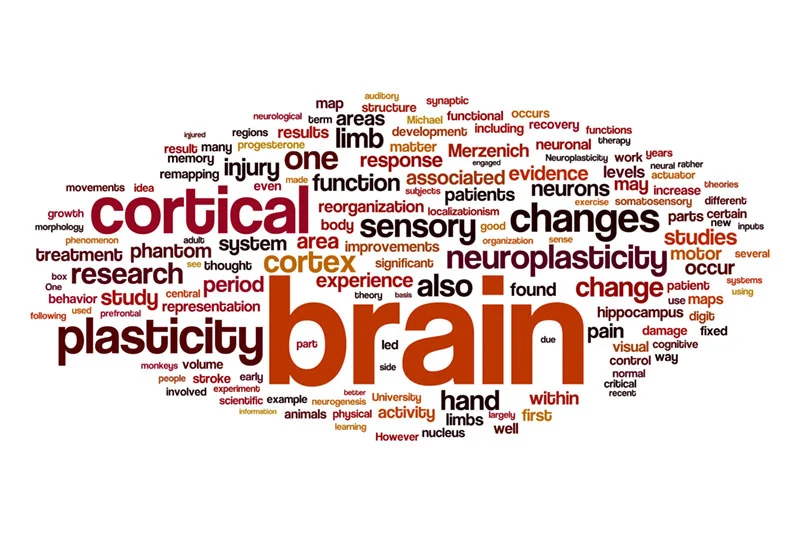Overcoming Sleep Disturbances
Traumatic brain injury (TBI) can profoundly affect various aspects of life, including sleep patterns. Understanding the importance of sleep in the recovery process is crucial for anyone navigating the challenges of TBI. Quality sleep is essential for healing the brain and promoting overall well-being.
Sleep disturbances are common after a TBI, leading to difficulties such as insomnia, nightmares, and excessive daytime sleepiness. These issues can hinder recovery, making it even more challenging for individuals to regain cognitive function, emotional stability, and physical health. However, recognizing that these disturbances are a natural part of the recovery journey can empower individuals to take proactive steps toward improving their sleep.
One effective strategy is to create a conducive sleep environment. A dark, quiet room with a comfortable temperature can significantly enhance sleep quality. Additionally, establishing a consistent bedtime routine helps signal the body that it’s time to wind down. Simple practices, such as reading or stretching before bed, can ease the transition into sleep.
Mindfulness and relaxation techniques, including deep breathing exercises or meditation, can also be beneficial. These practices reduce stress and can also quiet the mind, making it easier to fall asleep. For those who struggle with racing thoughts or anxiety at night, journaling before bed can help process the day’s events and create a sense of calm.
Moreover, seeking professional guidance is vital. Consulting with healthcare providers, such as sleep specialists or therapists, can provide tailored strategies for managing sleep disturbances. They may recommend cognitive behavioral therapy for insomnia (CBT-I) or other interventions that specifically address sleep issues related to TBI.
In conclusion, prioritizing sleep is a critical component of TBI recovery. By creating a supportive environment and utilizing effective techniques, individuals can overcome sleep disturbances and improve their recovery outcomes. Remember, it’s okay to seek help—recovery is a journey, and every step toward better sleep is a step toward healing.







